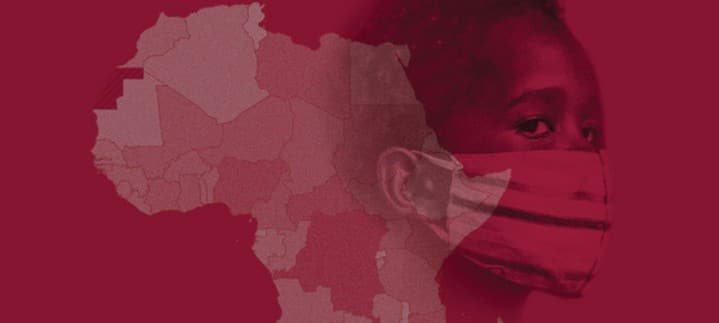
The 2021 Organised Crime Index is based on analysis and inputs from 120 experts across the continent and an extensive literature review. It reports on mafia-style groups, criminal networks, state-embedded actors and foreign criminals.
A dedicated website – ocindex.net – allows for comparison between countries, enabling policymakers to compare data and identify local, national and regional trends.
The index assesses resilience to organised crime, including political leadership and governance, criminal justice, economic and financial environments, and civil society. Its aim is to stimulate informed dialogue on the impact of criminality and response measures, and promote policies to build resilience to organised crime.
Organised crime is a scourge that afflicts countries in every corner of the globe, from tiny island states to large economic superpowers, and is an underlying driver of many major geopolitical challenges including conflict, political instability and forced migration.
| https://www.youtube.com/embed/hcoRr2S8iu0 The Global Organised Crime Index: Launch |
Because of its clandestine nature, however, often little is known about how organised crime operates in each country. To address this knowledge gap, the GI-TOC has developed the Global Organised Crime Index, a unique, data-driven analytical tool that evaluates 193 UN member states according to two metrics: according to their criminality on a score from 1 to 10 (lowest to highest organised crime levels), which in turn is based on their criminal markets score and criminal actors score; and according to their resilience to organised crime, from 1 to 10 (lowest to highest resilience levels).
The results of the first edition of the Global Organised Crime Index, outlined in the flagship report and the interactive Index website, paint a worrying picture of the reach, scale and impact of organised crime in 2020. Perhaps the most stark finding of the Index is that the majority of people worldwide live in countries with high levels of organised crime. The Index also shines a light on the ubiquity of some of the most insidious forms of exploitation that are perpetrated by criminal actors the world over, including individuals and networks operating from within the state apparatus. The Index also illustrates the widespread shortcomings in global levels of resilience to organised crime, from weaknesses in criminal justice systems to rampant corruption and violent crackdowns on the freedom of the press and civil society.




